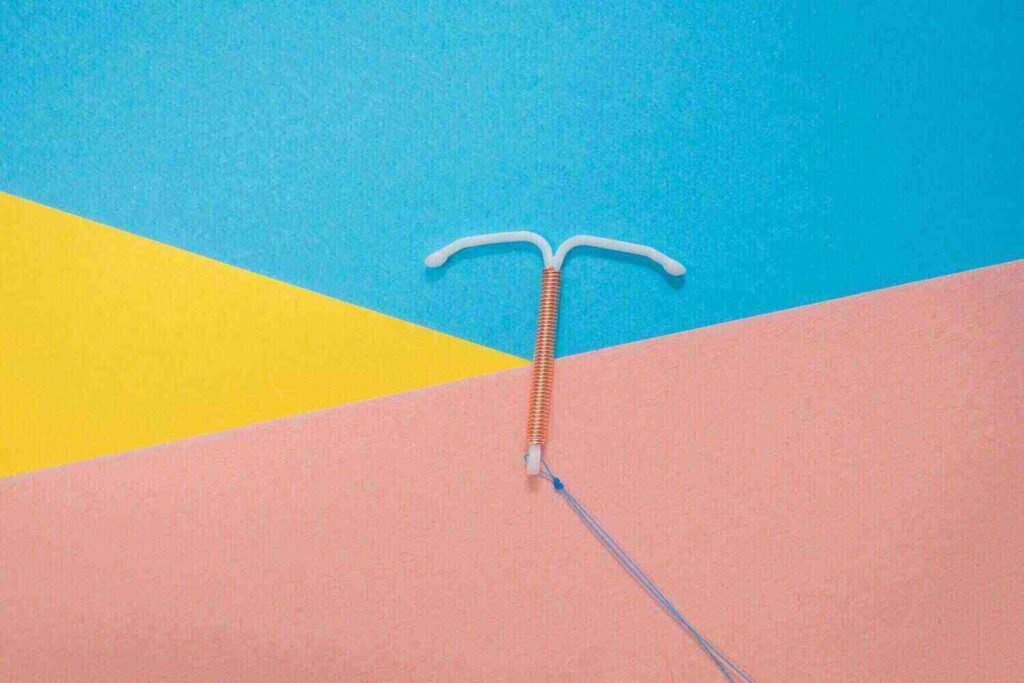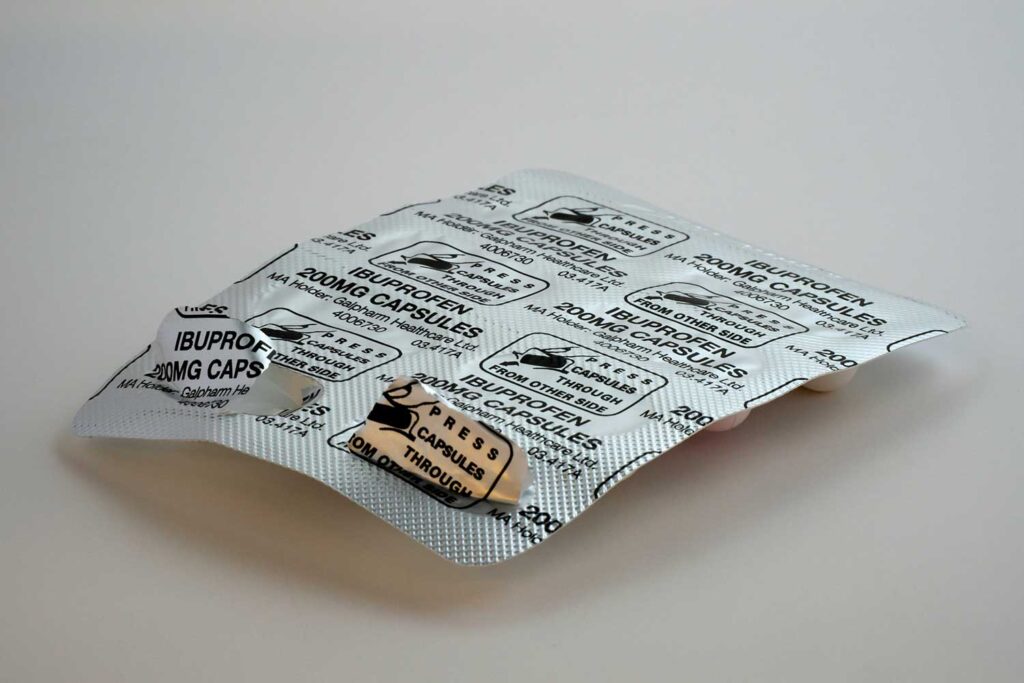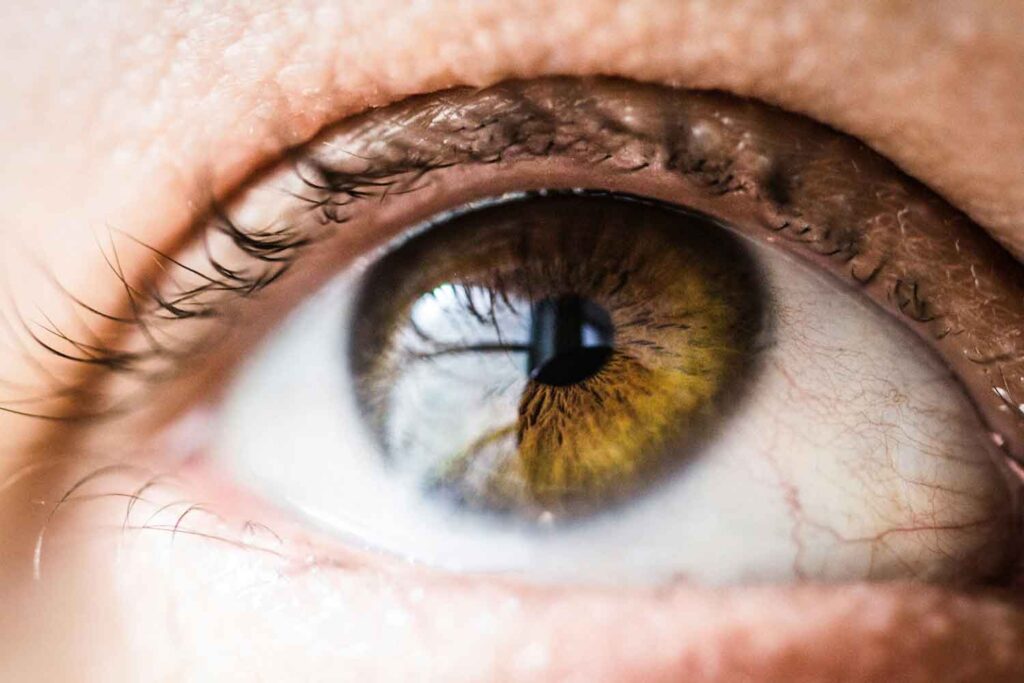How Long After Quitting Weed Does Male Fertility Improve?

Fertility is a complex and often sensitive topic. While there are many factors that can affect fertility, surprisingly, smoking weed (or using it in other ways) may be one of them. As a matter of fact, there are studies suggesting that weed can affect male fertility. If you think that smoking weed is affecting your fertility, you may be wondering how long of a weed break you need. So, how long after quitting weed does male fertility improve? Here’s what we know.
Photo by Dominika Roseclay
Photo: Pexels
Does Weed Affect Fertility?
Could hitting a bong really affect fertility?
There are studies that indicate weed can affect both male and female fertility. There are also studies that say the opposite.
Let’s examine a few of them.
A study, which examined semen between 2017 and 2018 found that weed can affect semen quality, particularly morphology and volume.
However, the same study also found that using marijuana may actually protect your sperm against abnormal motility.
On the other hand, a 2021 study says weed negatively affects male fertility.
The study concluded, “Long-term marijuana use adversely affects male reproductive function and has been associated with testicular atrophy, low libido, sexual dysfunction, semen parameters, and reproductive hormone levels.”
In addition to that, weed may also lower sperm count.
There is also conflicting evidence on whether or not weed can affect your ability to get pregnant.
According to a 2018 study, “Our study suggests that neither marijuana use nor frequency of marijuana use was associated with time to pregnancy for men and women.”
Even though the 2018 study concluded that there is evidence that weed can affect your ability to get pregnant.
One way in which weed can inhibit pregnancy is by delaying ovulation.
A 2007 study found that women who used weed frequently, (more than 3 times in the last 3 months) had the follicular phase almost 2 days longer than that of nonusers.
Women who used weed occasionally, which is defined as less than 3 times in the last 3 months, had a longer follicular phase than nonusers (3.5 days).
Delayed ovulation can affect fertility.
Delayed ovulation is not the only problem stoners with uteruses can have.
The 2021 study previously mentioned also said, “Chronic marijuana use can negatively affect female reproductive health and result in ovulatory dysfunction, menstrual cycle irregularity, and reproductive hormones.”
How Long After Quitting Smoking Weed Does Fertility Improve?
If you’ve quit weed to improve your fertility, you may be wondering how long will it take for your fertility to go back to normal.
We suspect it would take at least two months.
Here’s why.
Medical News Today says that sperm takes 50-60 days to develop in the testicles. Sperm will move from the testicles to the epididymis. The epididymis are ducts behind the testicles and their job is to carry and store sperm. Once in the epididymis, according to Medical News Today, sperm will take another 14 days to fully mature.
However, we weren’t able to find any scientific studies that can say for certain when male fertility improves after quitting weed.
Therefore, we recommend finding a doctor or a fertility specialist to discuss your options.
Remember, just because you smoke weed and have fertility issues does not mean that weed is the culprit.
There are many reasons why someone may have fertility problems.
Before we list some of those reasons, let’s define infertility.
Mayo Clinic says, “Infertility is the medical term for when you can’t get pregnant despite having frequent, unprotected sex for at least a year for most couples.”
Therefore, if you’ve been trying for less than a year, you may not need fertility treatment just yet.
Let’s look at some of the causes of male infertility.
According to Mayo Clinic, the following are some of the causes of male fertility:
- Medical conditions such as infections may affect sperm volume and quality.
- Problems with sperm reaching the female reproductive tract such as cystic fibrosis or premature ejaculation.
- Environmental factors such as pesticides, certain medications, and having your testicles exposed to hot environments such as saunas.
- Cancer treatment
Risk Factors for Male Infertility
There are a number of risk factors that may affect male fertility.
According to the Mayo Clinic, these risk factors include:
- Age- Men over 40 may be less fertile than their younger counterparts.
- Smoking tobacco- Tobacco use can raise the risk of erectile dysfunction and result in a low sperm count in men.
- Drinking alcohol-Heavy drinking can lower sperm count as well as affect sperm motility (how well they move)
- Weight- Being overweight or underweight can affect fertility.
- Lack of exercise- Lack of exercise is linked to obesity which can affect fertility.
Mayo Clinic also linked marijuana use as one of the risk factors but noted that more research is needed.
Takeaway
So, how long after quitting weed does male fertility improve? We assume that fertility should improve after 2 months. However, that’s only a guess. We couldn’t find any studies that could give us an exact time. In addition, weed use is not the only thing that could affect fertility. So, depending on the reason for your fertility problems, quitting weed may not improve your fertility. That’s why we recommend seeing a doctor or a fertility specialist so they can get to the root cause of your fertility issues and you can have your bundle of joy as soon as possible.












